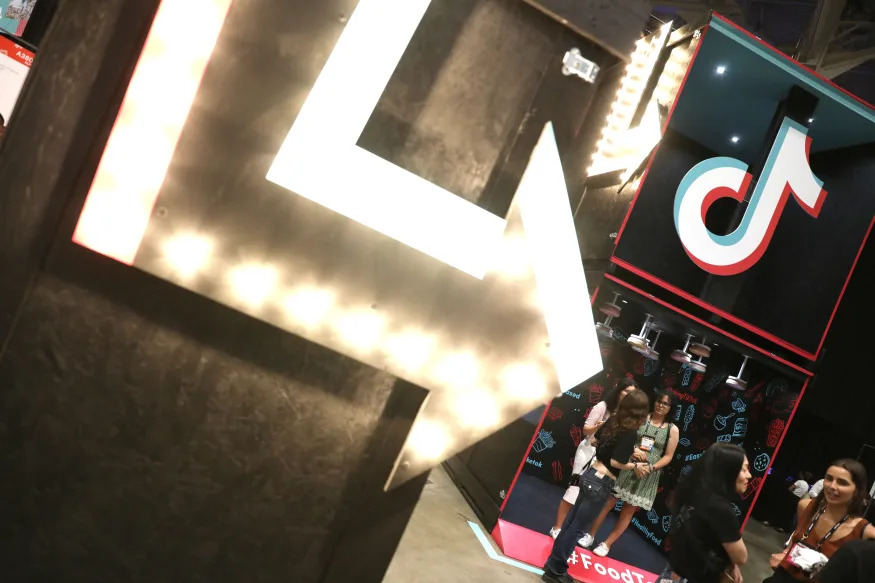Ask the state of Maryland; untangling ourselves from TikTok is more difficult than merely banning the app. It is one of several states that, despite a statewide prohibition banning TikTok-related software from official devices and networks, utilised TikTok's tracking pixel on a government website, according to a recent revelation in The Wall Street Journal.
The study claims that 27 states have code for TikTok's monitoring pixel integrated in an official government website, with Maryland being one of them. While tracking pixels are quite prevalent techniques that assist web advertisers target their adverts, privacy activists have strongly opposed their usage.
According to reports, the TikTok pixels in Maryland's instance were connected to an advertising campaign from the previous year and were discovered on a state-run COVID website. The Department of Workforce Services in Utah also discovered TikTok's pixel on one of their websites and confirmed to The Wall Street Journal that it was being utilised for an advertising campaign aimed at job searchers. Utah, like Maryland, has prohibited TikTok from being used on official devices.
The analysis emphasises how hard it is for governments to entirely break their ties to TikTok, even with prohibitions in place. If parent firm ByteDance does not sell its ownership in the service, the company is now battling the potential of a national ban in the United States. On Thursday, CEO Shou Zi Chew is scheduled to appear before a congressional committee and argue that banning the app will harm its 150 million US users.
Another recent Forbes article outlined other problems that a national ban would not completely solve. Despite India's ban on the app in 2020, the article claims that TikTok and ByteDance personnel still have access to the personal information of Indian users of the app. According to Forbes, this is probably because of the restrictions placed by India, which "did not seem to call for erasure of app data that had already been acquired and kept," according to reports.
Nevertheless, security professionals have already questioned whether it would ever be able to "claw back" user data that has already been gathered by TikTok. That may, in an unusual way, help TikTok make the case that its multibillion-dollar proposal to establish stringent data safeguards and other measures aimed at locking down American user data would be more successful than an outright ban. Project Texas, which attempted to convince politicians and Treasury Department representatives involved in the lengthy discussions with TikTok, has so far been unsuccessful.



